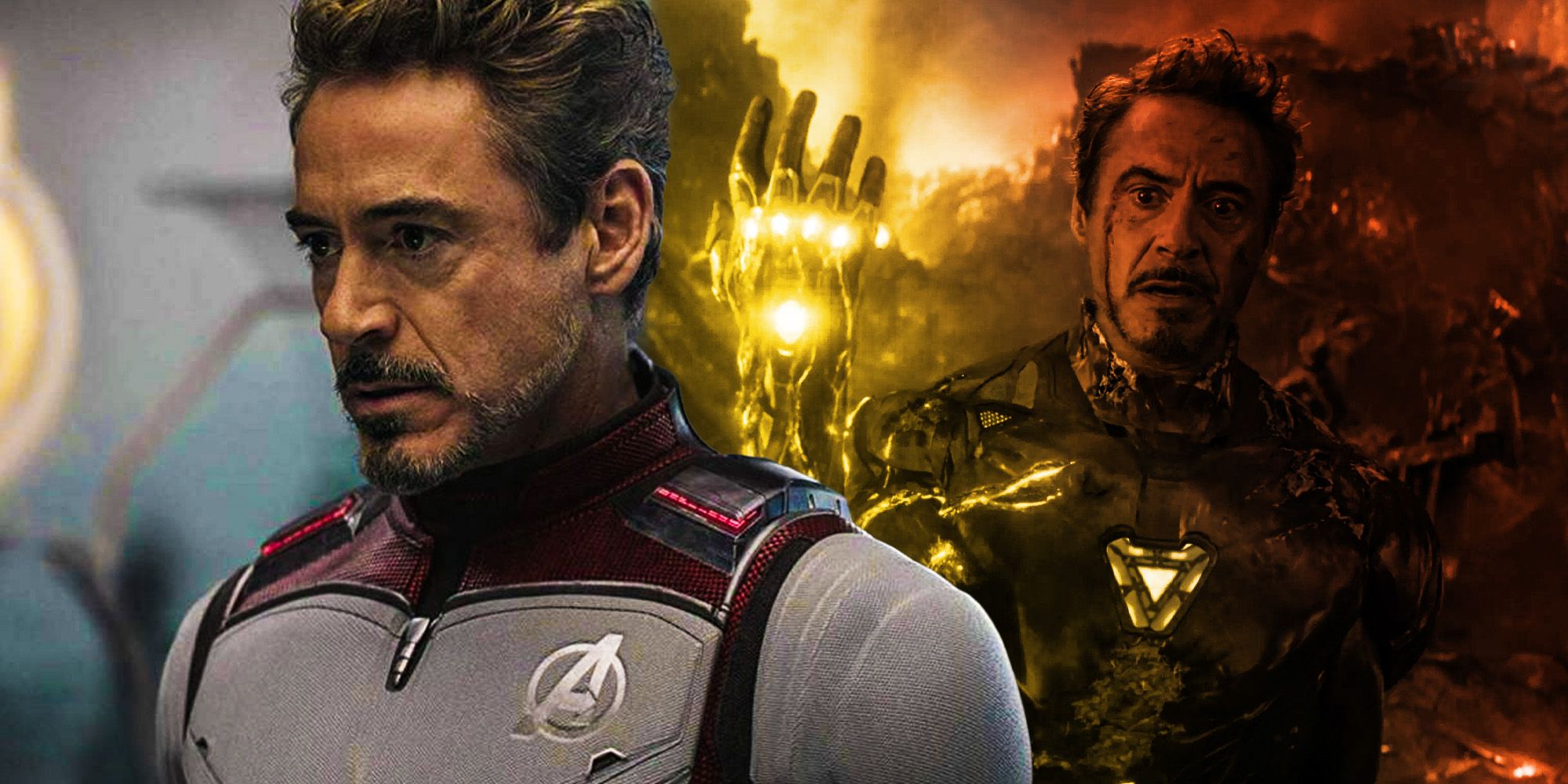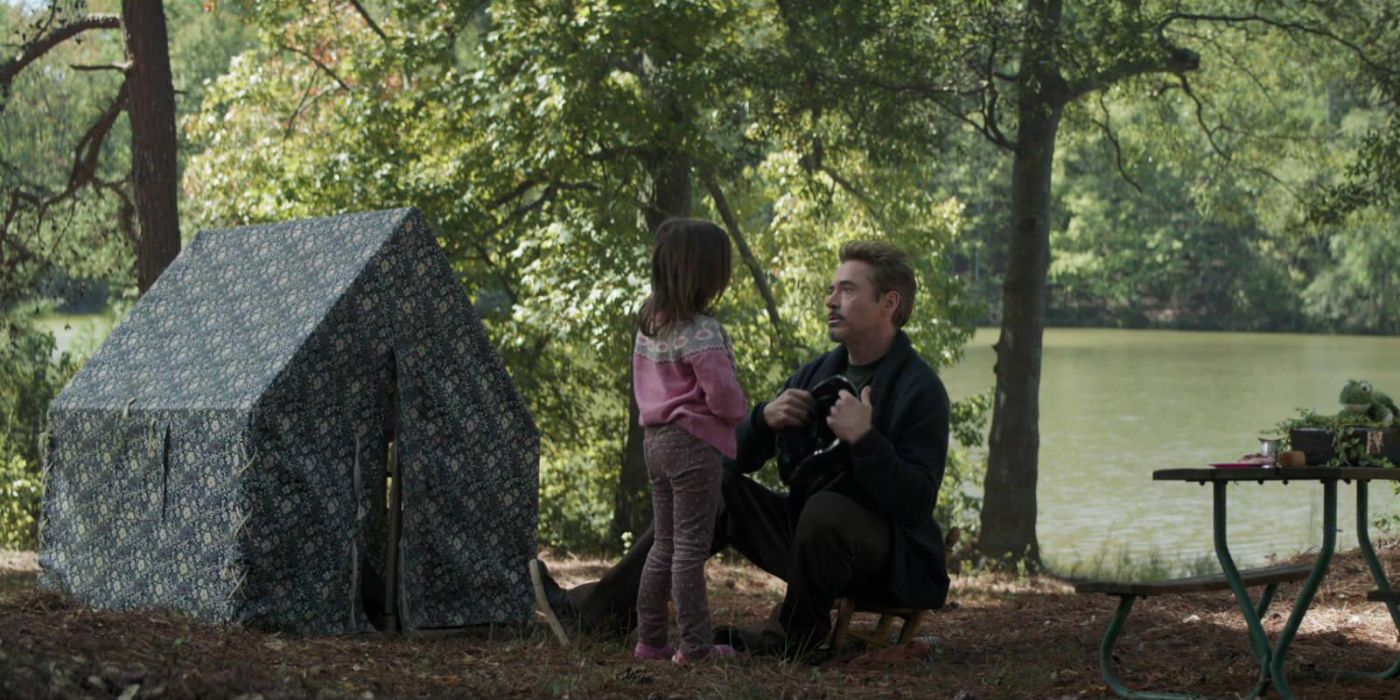Iron Man's snap at the end of Avengers: Endgame was instantly an iconic moment in the MCU, but it wasn't Tony Stark's biggest heroic moment in the movie. Marvel Studios' inaugural character debuted in 2008 and was a key player throughout the Infinity Saga. The genius billionaire Avenger, however, ended his arc when he sacrificed his life to defeat Thanos in the Joe and Anthony Russo culminating film from 2019.
Seeing Tony die for the greater good was tragic, but there was poetry in his final fate in the franchise. Starting off as a self-centered war-profiteering industrialist, he couldn't care less about anyone else. He had a change of heart following his near-death experience at the hands of the Ten Rings terrorist group in Afghanistan. Since then, he vowed to make amends and be of service to others. It hadn't been easy, however; despite his good intentions, Iron Man still made mistakes, disallowing him to fully get over his guilt for years of self-indulgence. But he proved that he was a fully changed man when he decided that dying to save the universe would be worth it.
As impactful as Tony's defeat of Thanos was in the MCU, it was not his biggest heroic moment in Endgame. Instead, it was his decision to suit back up as Iron Man when the idea of the time heist came up that was much more impressive and noble because, at the end of the day, he personally didn't need to. Other than Spider-Man's death, everyone who was close to him survived the snap, and while most struggled during the five years after the Blip, he thrived. He was with a wife and a daughter; Tony was arguably the happiest he'd ever been in his life. Pepper reminded him that they're among the few families who weren't affected by the decimation, perhaps in a subtle effort to dissuade him from going back to his superhero duties. However, despite Tony's skepticism, the fact that he brought up the subject meant that it was something that he really wanted to do, and having been together for years, she knew that there was really nothing she can do to fully talk him out of doing it.
This doesn't mean that the snap didn't demonstrate Iron Man's heroism; he did do it knowing that there was a good chance that he wasn't going to survive the impact of the Infinity Stones. But that decision was fueled by adrenaline and motivated by many factors, including Doctor Strange's low-key reminder that it was their one chance to defeat Thanos. Meanwhile, Tony really had the time to contemplate his decision to rejoin the Avengers for the time heist. Even when he was able to crack time travel, he could've simply provided his creation and taught the rest of the heroes how it worked. He didn't need to personally join them as the time GPS in itself was already a considerable contribution to the cause. Yet, he still chose to suit up and be at the forefront of the mission.
Iron Man was haunted by the baggage of his ugly past; he was compelled to make up for the crimes he committed as a self-centered industrialist, and that in part factored in his inability to truly hang up the suit. Thanos' win in Avengers: Infinity War gave him the chance to temporarily give up his crusade to atone for his sins by being a hero. But when duty called once again in Avengers: Endgame, there was a desire for him to be involved. It demonstrated just how much growth he experienced throughout the Infinity Saga, and while he wasn't the perfect hero, he proved time and time again that he would do the right thing in the end, regardless of his flaws.








